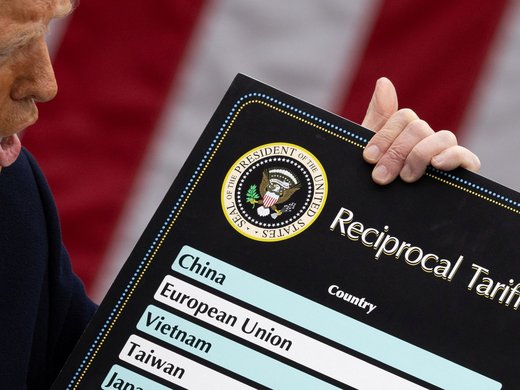How has the Canadian economy adjusted to global trade liberalization over the last several decades? As one of the most trade-dependent economies in the Group of Seven, the Canadian economy has been impacted as much as any by the huge reduction in tariffs that have attenuated multilateral trade liberalization under the auspices of the World Trade Organization, as well as a number of bilateral and trilateral free trade agreements, most notably the North American Free Trade Agreement. This paper summarizes a range of developments in Organisation for Economic Co-operation and Development economies associated with trade liberalization and then examines the extent to which they have been present in the Canadian economy. Among the developments considered are the secular loss of goods-producing jobs, in particular manufacturing jobs; stagnant or anemic wage growth; declining union membership and a diminishing role for collective bargaining; a shrinking middle class; and growing income inequality, as well as a shift in factor income from labour to capital. It then explores to what extent these trends have been present in the Canadian economy and assesses to what extent they have been mitigated, if at all, by the tax and transfer system.


